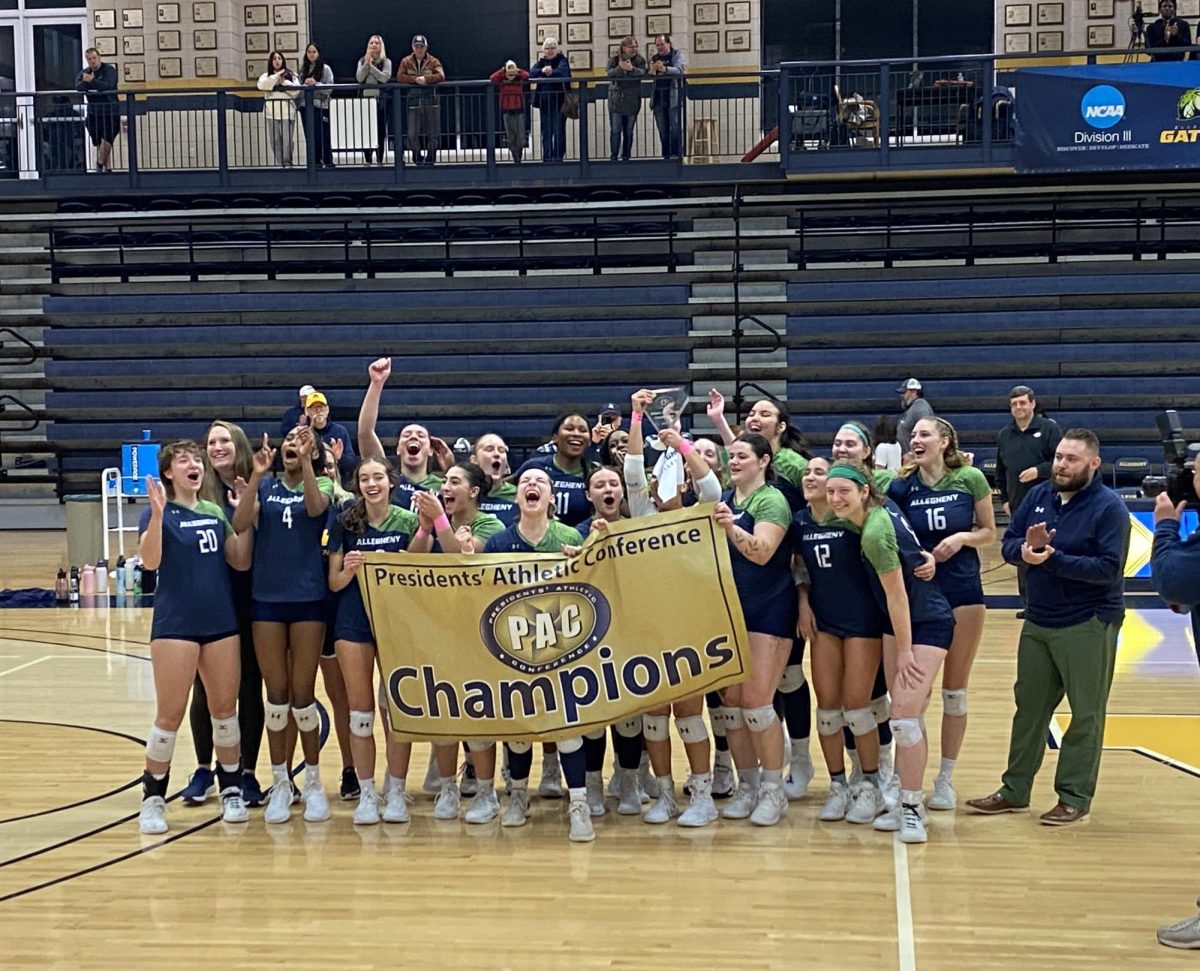By COLLEEN PEGHER
Editor-in-Chief
Every year, seniors are asked to donate money to the senior class gift. The proceeds are given to the college’s annual fund, which is used to make improvements to the college as they see necessary.
Senior and co-chair of the Senior Class Gift Committee, Jake Ford, hopes to spread the message that the senior class gift plays a greater role in the advancement of the college than most students think.
“The participation rate is a key factor in determining college rankings,” said Ford.
“It also determines how a school receives fellowships, grants, federal subsidies, so it’s a gift to the school, but also to your own class. If we have a great participation rate, it can only reflect positively on you in the future. If you graduate now, the school could be in a way better place ten years from now, which reflects better on you.”
Ford became involved with the committee after completing an internship with the development office, and admits he was not very interested in donating to the gift at first.
“They just asked me to do it right after [my internship] and what struck me as kind of important was that a lot of people will get really annoyed when they push these emails about donating to a college that costs around $50,000 per year. A lot of kids are coming out with massive debt, but the important thing is that the gift is going to the annual fund,” Ford said.
In the past, the college has had participation levels well under the 50 percent mark. According to Chris Keeney, the Assistant Director of Annual Giving, the participation rate was at 19 percent last year, 31 percent in 2012 and 38 percent in 2011.
Ford hopes to clear up any misconceptions regarding the annual senior class gift.
“It’s not so much like you buy a fountain or a bench,” he said. “It strictly goes to the annual fund, which is basically the school’s checking account for things that spring up, like the gas line.”
Grace Flowers, ’14, plans on donating to the senior class gift.
“I want to give back a little, but I’m not overly zealous about it,” said Flowers. “I want to give back because I’ve taken advantage of a lot of the opportunities here, and we need to keep them going for the new generation of Allegheny students.”
Other seniors, like Sarah Labarre, do not feel the college will use student donations wisely, and therefore, do not plan to donate.
“I’m not donating to the senior gift because I feel like I have expressed things to the school about what we need
and I feel like they don’t listen,” said Labarre. “Why would I give my money for things I don’t think we need? I think we need parking reform, I think we need different housing. We have a lot of problems on campus.
We don’t have enough space in the library, and they’re planning to give us even less. Why would I give money for things when I feel I’m paying so much for what sometimes I feel is so little?”
Within the past twenty years, student participation in the senior gift ranges from a high of 55 percent of seniors donating in 2004 to a low of 12 percent in 2003. On average less than 35 percent of seniors donated since 1994.
Despite students’ concerns, Ford still encourages seniors to give back.
“Our main goal is to get the stigma reversed about the gift,” said Ford. “We’re not trying to bleed kids out of money.
They should really donate if they want to help themselves out in the future by increasing the school’s standing. It also helps future students to get better equipment, newer facilities and financial aid. You’re not only helping yourselves, but other students as well. You’re transmitting a better school than you received.”





